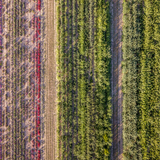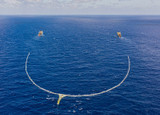Greening the Desert Project: Environmental Transformation
In the heart of Jordan's Dead Sea Valley, a remarkable environmental endeavor took root in the early 2000s. Geoff Lawton, a pioneer in permaculture, led the Greening the Desert Project.
The id
...







